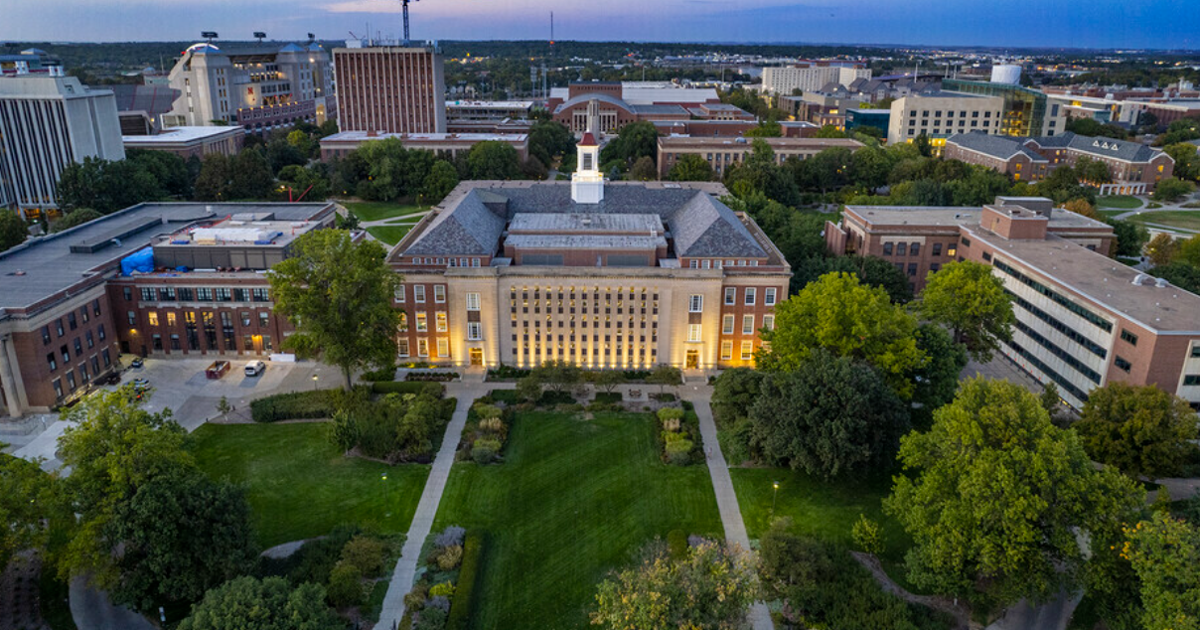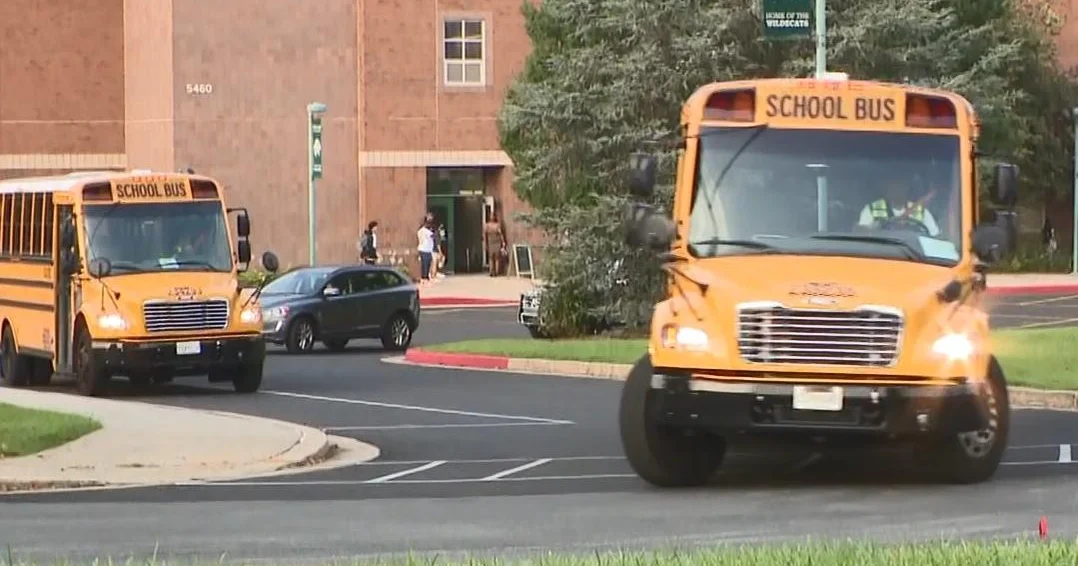
The University of Nebraska is bracing for a potential government shutdown this week as Republicans and Democrats continue to disagree over federal spending and health care subsidies.
In an email to students, faculty, and staff on Monday, NU President Jeff Gold said the university “is preparing carefully and we will keep you informed every step of the way.”
Funding to keep the government open is set to expire at midnight Tuesday. While Congress has passed a temporary funding bill, largely along party lines, it appeared unlikely Republicans could win the support of enough Democrats for the measure to receive the 60 votes needed in the Senate.
“We are in communication with our federal delegation, state leaders and campus leadership teams to understand what a shutdown could mean for our students, faculty, staff and research enterprise,” Gold wrote in a letter co-signed by the four campus chancellors.
“If a shutdown does occur, we will continue to provide information to you as quickly and transparently as we can,” Gold added.
On a frequently asked questions page, NU said it believes federal student aid programs used most by students — Pell Grants, federally backed student loans and GI Bill benefits — will not be affected in the short term.
On Monday, the U.S. Department of Education said it would furlough some 80% of its staff beginning Wednesday if government funding lapses, including those working for Federal Student Aid.
But, the education department said disbursements of Pell Grants and federal direct loans would not be affected.
Most financial aid is funded a year in advance and was disbursed at the beginning of the semester, NU said in its FAQ, but students applying for new aid or loan forgiveness may experience some delays in their applications being processed.
If the government experiences an extended shutdown, it’s likely the effects will be felt more deeply, NU said.
Researchers working across NU should be able to continue working on existing grants, the university said, but new grants, renewals in research funding or reviews of pending applications cannot be processed, meaning those activities will grind to a halt.
“Federal agencies may have backlogs, missed panels and canceled reviews,” the university said. In some cases, researchers may receive stop-work orders — several researchers received notice to stop working earlier this year during a review by the Elon Musk-led Department of Government Efficiency — and should seek more information from their program managers.
Listen now and subscribe: Apple Podcasts | Google Podcasts | Spotify | RSS Feed | SoundStack | All Of Our Podcasts
NU also said veterans or military-affiliated students should not experience any adverse effects. GI Bill benefits have already been certified before the fall semester, but a prolonged shutdown could lead to future benefits being affected.
International students may also see processing times for visas, passports and other services slow down, but the university urged them to continue applying for those services.
The university also reminded students, faculty and staff that furloughed federal employees will not be able to answer phone calls or emails, and once the shutdown ends, may not hear back from those individuals for some time.
“The longer a shutdown continues, the greater the backlog when agencies reopen,” the FAQ states.
Russell Vought, Trump’s director of the U.S. Office of Management and Budget, has also signaled he plans to issue reductions in force (RIFs) to federal employees rather than place them on furlough.
A reduction in the federal workforce could also result in delays moving forward, the university’s FAQ notes.
The most recent government shutdown, which lasted a little more than a month in late 2018 and early 2019, ended just before NU would have been forced to furlough or lay off four dozen employees.
NU was preparing to terminate the employment of 48 Nebraska Extension educators and assistants paid through the Supplemental Nutrition Assistance Program, or SNAP-Ed, before a temporary deal to the fund the government was reached in late January 2019.
Congress ended the SNAP-Ed program this year as part of the Trump-backed “Big Beautiful Bill.” With its passage, 10 staff positions and seven student worker positions were cut at Nebraska Extension.
Reopening the federal government also eased pressure on NU’s cash reserves, which it used to keep federal research projects moving forward without interruption at the time.
“We know this uncertainty is difficult,” Gold and the chancellors said in their email. “Please be assured that we will provide timely updates and guidance so you can plan accordingly.
“The University of Nebraska has faced similar challenges before, and we will navigate this together — with care for one another and with our mission of serving Nebraska at the forefront,” the administrators added.
Reach the writer at 402-473-7120 or cdunker@journalstar.com.
On Bluesky @chrisdunker.bsky.social
Love
0
Funny
0
Wow
0
Sad
0
Angry
0
Be the first to know
Get local news delivered to your inbox!
* I understand and agree that registration on or use of this site constitutes agreement to its user agreement and privacy policy.
Chris Dunker
Higher education/statehouse reporter
Get email notifications on {{subject}} daily!
Your notification has been saved.
There was a problem saving your notification.
{{description}}
Email notifications are only sent once a day, and only if there are new matching items.
Followed notifications
Please log in to use this feature
Log In
Don’t have an account? Sign Up Today



